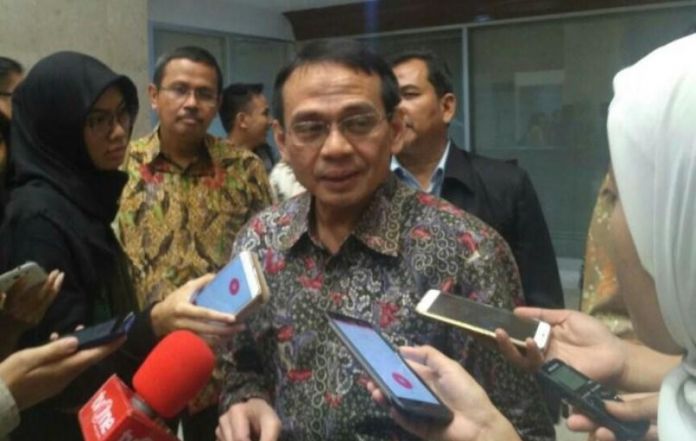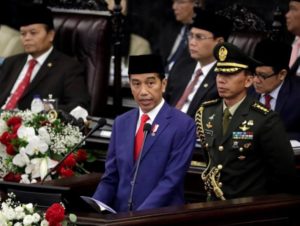Domestic Demand Continues to Drive Domestic Economic Growth:
Jakarta, MINA — Domestic demand has continued to drive domestic economic growth momentum in the second quarter of 2018.
“Rising incomes on fiscal stimuli and controlled inflation are maintaining household consumption, coupled with increasing consumer confidence. amongst the middle and upper classes,” Antara News quoted BI executive director of communication Agusman as saying in a statement here on Monday.
Solid consumption is reflected in stronger automotive and retail sales.
Also Read: Saudi Arabia Wins Bid to Host World Expo 2030
Meanwhile, investment growth is still resilient, backed by private building investment and infrastructure projects, as well as non-building investment linked to infrastructure and mining.
In addition, increasing cement and heavy equipment sales also point to strong investment.
Solid domestic demand has stimulated a surge of imports, particularly of capital goods and raw materials, while export growth remains in positive territory in line with the global economic recovery.
Bank Indonesia (BI) predicts national economic growth in the 5.1-5.5 percent range in 2018.
Also Read: 148 Products from Indonesia Promoted at Sarawat Superstore Jeddah
Meanwhile, inflation remains under control within the target corridor, supported by stable food prices and anchored expectations.
CPI inflation accelerated in May 2018 to 0.21 percent (mtm) from 0.10 percent (mtm) in the month earlier in line with the onset of Ramadan.
Despite accelerating, headline inflation in May 2018 was lower than the historical average during the holy fasting month for the past four years.
Annually, inflation decelerated to 3.23 percent (yoy) in the reporting period from 3.41 percent (yoy) the month earlier.
Also Read: Packaging Industry Supports Halal Ecosystem
Controlled CPI inflation was backed by stable core inflation as a result of policy consistency from BI to help form rational inflation expectations, including through exchange rate intervention, to ensure the currency?s fundamental value.
In addition, volatile foods (VF) experienced inflation but at a rate lower than the historical average for Ramadan.
Meanwhile, rising airfares to meet seasonal demand edged up administered prices (AP) in the reporting period.
BI predicts inflation in 2018 to remain under control within the inflation target of 3.5?1 percent.
Also Read: Indonesia-Japan Agree on Energy Transition Cooperation
Furthermore, policy coordination between BI and the government to control inflation is constantly strengthened.. . (T/RS5/RS1)
Mi’raj Islamic News Agency (MINA)
Also Read: Dubai Expo 2020 Holds Special Event for Palestine



































 Mina Indonesia
Mina Indonesia Mina Arabic
Mina Arabic